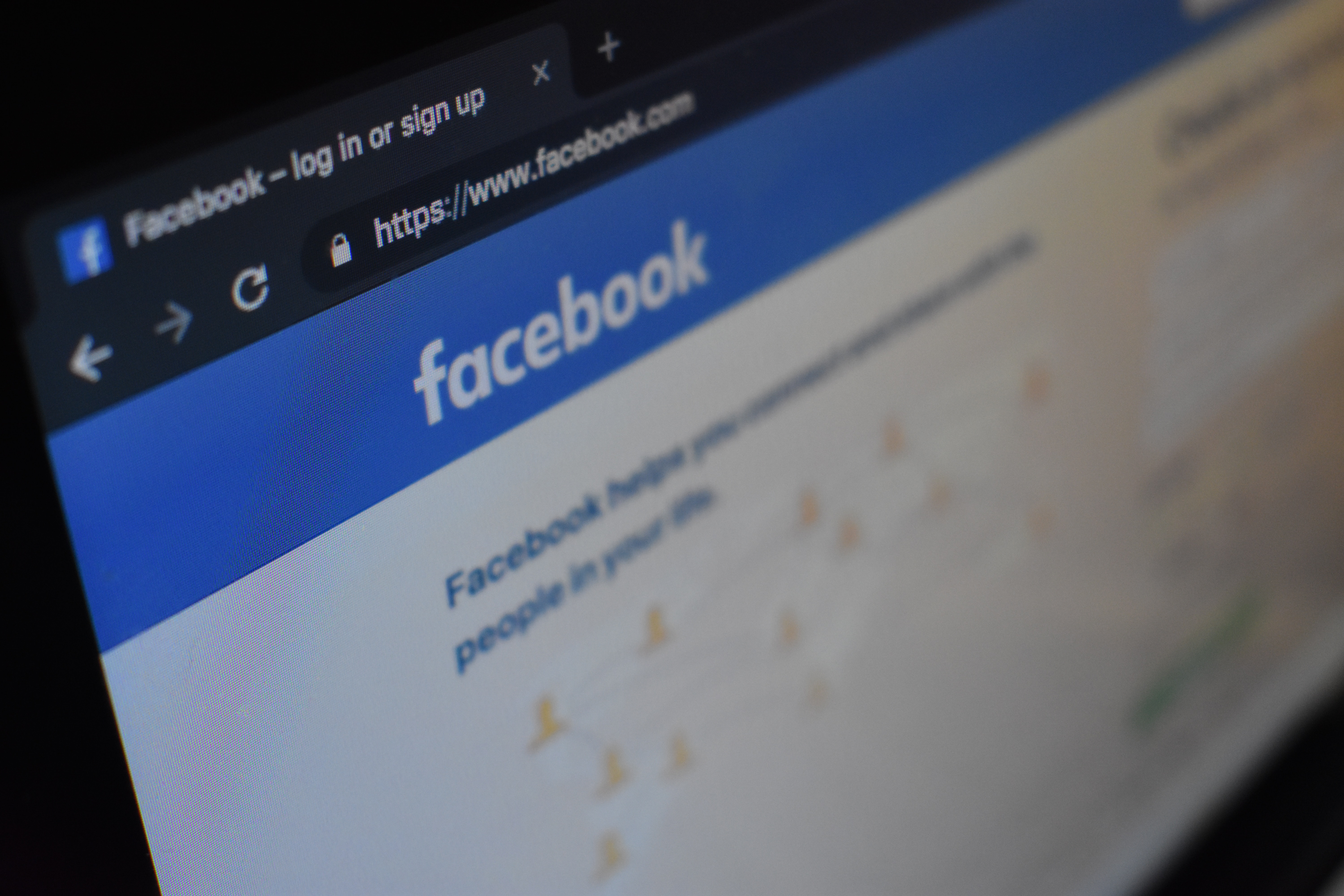
MANILA – As the coronavirus pandemic and fear spread in the first half of 2020, Filipinos on social media reacted the most against posts showing prejudice or outright hostility to front-liners.
A study released on Sunday by consultancy firm BluePrint.ph showed that Filipinos on Facebook expressed anger in social media posts related to health “consistent with media reporting,” with a spike of angry reactions during the latter half of March on posts related to the ill-treatment of front-line workers.
“While the anger level isn’t dramatically related to the central government, the ill-treatment is an extreme trigger point,” the study read.
The study, which was based on a “big data analysis of close to half a billion public social media data points (posts, comments, shares, likes, and mood icons)” from March 6 to June 5, noted that most positive reactions of Filipinos in social media, with regard to health, were not correlated with “government actions” but with “communal cooperation and acts of personal generosity or personal sacrifice.”
The study also showed the top media channels with the most influence on health in social media during the said period, with GMA News at the top with an engagement score of 3.103 million, followed by ABS-CBN News at 3.089 million, and Philippine Star at 3.031 million.
It said the engagement score was a calculation of the “reader’s engagement with the post by modeling lasting effects, based on likes, shares, and complexity of comments.”
The top social influencers, meanwhile, were the Department of Health with an engagement score of 7.299 million, followed by “Doc Willie Ong” at 1.864 million, and the World Health Organization Philippines at 748,000.
According to the study, the topic of health as a national issue in social media was dominated by national media channels.
These media channels, meanwhile, were found to have “consistent and steady coverage without any signification deviation” from its main story.
“To a degree, (top media channels) are mostly reporting governmental policies without significant editorial deviation,” the study read.
For influencers, it said the dialogue on social media was also dominated by media channels with a national presence, with the same pattern of topics indicating similar policy discussions.
Meanwhile, the comments of Filipinos on social media about health were mostly focused on work/unemployment, travel, convenience, and family, according to the study.
“The issue of health is not discussed as a medical or health service but as something affecting lifestyle,” the study added.